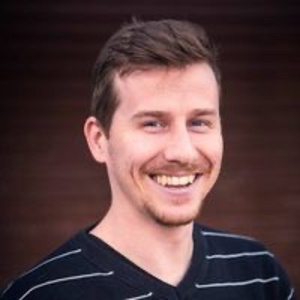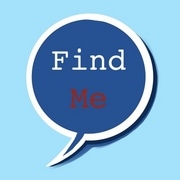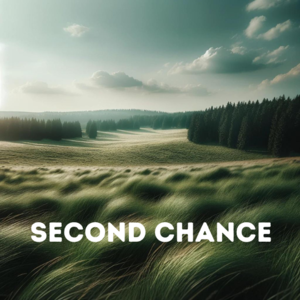The first quarter of the 21st century is coming to an end. I'm hit by a mid-life crisis. Life's priorities have shifted so much that I can't understand the younger generation raised on ubiquitous technology. Even though I'm just over forty, I feel old. A lot has happened in the last few years. Events that have changed the world and its people.
The first pandemic, which took humanity by surprise, but didn't harvest as grimly as the most pessimistic had predicted. Another, a few years later, was more serious, but we were better prepared and already accustomed. Several wars in the last decade, near and far. For those living in war-torn areas, it was a fight for survival, loss of possessions, fleeing to other countries, and wandering. For others, living just a few hundred kilometers away, it was like a war reality show that could be followed in all possible multimedia, commented on, and cheered for one side, while life almost normally went on. Many changes were introduced because of wars or under the pretext of wars. The prices of many products changed. Everything became more expensive, and wage growth seemed to lag behind the rising prices. Yet, everything still functioned normally, ordinary people lived in prosperity. There was a shortage of workers, companies fought for experienced specialists, and schools couldn't keep up with educating the new workforce. Because of the rapidly developing technology and artificial intelligence, schools and universities had a huge problem updating their curriculums. Graduates had knowledge that was outdated by at least 2-4 years by the time they finished their studies.
I've worked in IT for almost 20 years. I got my first regular job in a large corporation even before finishing my studies, plus I had a knack for computers since I was a child. When my peers were playing on Atari or Commodore, I was checking how a PC was built and trying to write scripts in DOS. I was privileged to be a member of a family that was among the first in the city to have a PC Intel 386, all because my father was a translator and needed an easier solution for text editing than handwriting or using a typewriter.
For the last 15 years, I've mainly worked with cybersecurity. The development trend in IT technology was headed towards programming at such a level that most systems and applications were assembled from ready-made modules, and a typical programmer had less and less idea of how it worked one or two levels deeper, not to mention utilizing hardware resources. Both the old technology of public clouds and the newer one known as distributed clouds were abstractions upon which all modern systems were built without caring about what was underneath, because why "reinvent the wheel".
My interest went in the opposite direction; I was curious about how everything worked deeper and at lower levels. My job was also my hobby. Apart from regular cybersecurity projects, system analyses, patching holes, and planning how companies should secure themselves and respond to potential cybercriminal attacks, there were assignments where, as a response unit, I analyzed hacker attacks and conducted digital investigations. I wasn't complaining about boredom. There was a lot of work, technology was developing fast, so I had to keep learning to stay updated - my life revolved around this.
I wasn't very social, I had many acquaintances but no close friends, being an introvert with mild ADHD and OCD, I wasn't the best friend material, and with my interests limited to very technical aspects of computer science, I often couldn't find common ground with others.
I spent my free time with my family - my wife and children. That's what I tell myself, although I know that wasn't the reality. Most of my time, I was alone, running, working on home repairs, or sitting in front of a computer - learning, working, or playing games.
From the outside, my life might seem prosperous and happy. I had a house on the outskirts of a small town in southern Norway, a pretty wife, and good kids. The life of an aging dad seemed monotonous, apart from work, everything was predictable, lacking adventures, adrenaline, something new. Due to deviations in my psyche, I had a different approach to life than most normal people. I was very focused on development, results, achievements, and goals. I couldn't enjoy the moment. My life was always waiting for something to come, but when it did, it was only disappointment and then waiting for some next event.
Everything changed when the diagnosis was made. After the pandemic, my body had slightly changed and began to fight against itself. At first, it manifested as frequent, dull pains in the abdomen and chest. For a long time, doctors conducted many tests but found nothing special. I also accepted it as a normal effect of aging. This continued until one day I lost consciousness. Then I was admitted to the hospital where in one of the tests, doctors identified the source of the problem. Cancer, a tumor, a clot, or something of that sort. A threat to life. Estimated remaining time, a few months, at most a year.











Comments (0)
See all